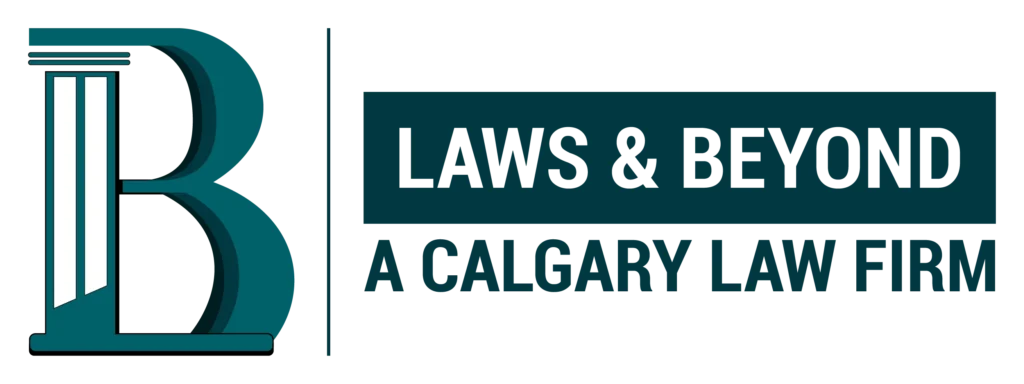Setting up an Enduring POA Alberta is an important step in planning for your future, especially for situations where someone may need to handle your financial or legal matters. In Alberta, two documents are commonly used for this purpose: the Power of Attorney (POA) and the Enduring Power of Attorney (EPOA).
Although they may appear similar, each plays a different role—particularly when dealing with legal incapacity in Alberta and long-term financial protection.
Power of Attorney
A Power of Attorney allows you to appoint a trusted person to look after your financial or property-related tasks. It is helpful when you need temporary support or are unable to manage your affairs for a short time.
- Remains valid only while you have mental capacity
- Automatically ends if you lose capacity
- Useful for temporary absences such as travel or medical recovery
- Can include specific or broad instructions
A POA ensures your financial responsibilities continue smoothly when you cannot manage them personally.
Enduring Power of Attorney
An Enduring Power of Attorney continues to be effective even if you lose mental capacity in the future. This makes it essential for long-term protection and financial decision-making under legal incapacity in Alberta.
- Stays effective even after mental capacity is lost
- May begin immediately or only after incapacity is officially confirmed
- Designed for long-term financial security
- Avoids the need for a court-appointed trustee
An EPOA provides ongoing assurance that your finances will be managed responsibly if you are unable to make decisions yourself.
Key Differences
1. Validity During Incapacity
- POA: Stops working once mental capacity is lost
- EPOA: Continues without interruption
2. Purpose
- POA: Short-term or temporary financial arrangements
- EPOA: Long-term financial protection and planning
3. Activation
- POA: Usually becomes active immediately after signing
- EPOA: Can start right away or only after incapacity is identified
4. Ideal Use Cases
- POA: Travel, business absence, short-term medical procedures
- EPOA: Aging concerns, cognitive decline, chronic health conditions
The Need for Both Documents
Using both documents provides stronger protection:
- A Power of Attorney supports immediate or temporary needs
- An Enduring POA Alberta protects your financial future if you lose capacity
Together, they create a complete and secure decision-making framework.
Importance of These Documents
Clear, properly drafted documents help prevent:
- Delays in handling finances
- Long court processes
- Conflicts among family members
- Loss of financial control during emergencies
They ensure your wishes are respected—now and in the future.
The primary difference between a Power of Attorney and an Enduring Power of Attorney is what happens if mental capacity is lost. A POA ends, while an EPOA continues—making the EPOA essential for long-term protection and planning within legal incapacity in Alberta.
Frequently Asked Questions
1. What is the main difference between a POA and an EPOA?
A standard Power of Attorney (POA) ends immediately if you lose mental capacity. An Enduring Power of Attorney (EPOA) remains valid or “endures” even if you become mentally incapable of managing your own affairs.
2. When does an Enduring Power of Attorney take effect?
It depends on how it is written. It can either start immediately upon signing or be “contingent,” meaning it only activates once a healthcare professional confirms you have lost mental capacity.
3. Why is an EPOA essential for future planning?
Without an EPOA, if you lose capacity, your family may have to go through a lengthy and expensive court process to gain legal authority over your finances. An EPOA ensures your trusted person can step in immediately without court intervention.
—
Do not hesitate to contact us for a consultation to discuss your matter. Call us at 403-300-5297 or email us at info@lawsnbeyond.com and we will provide you with the support you need.




